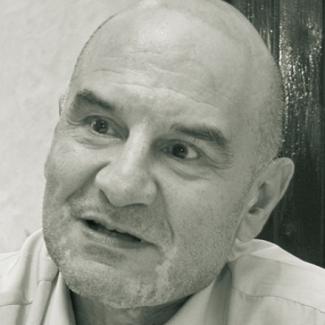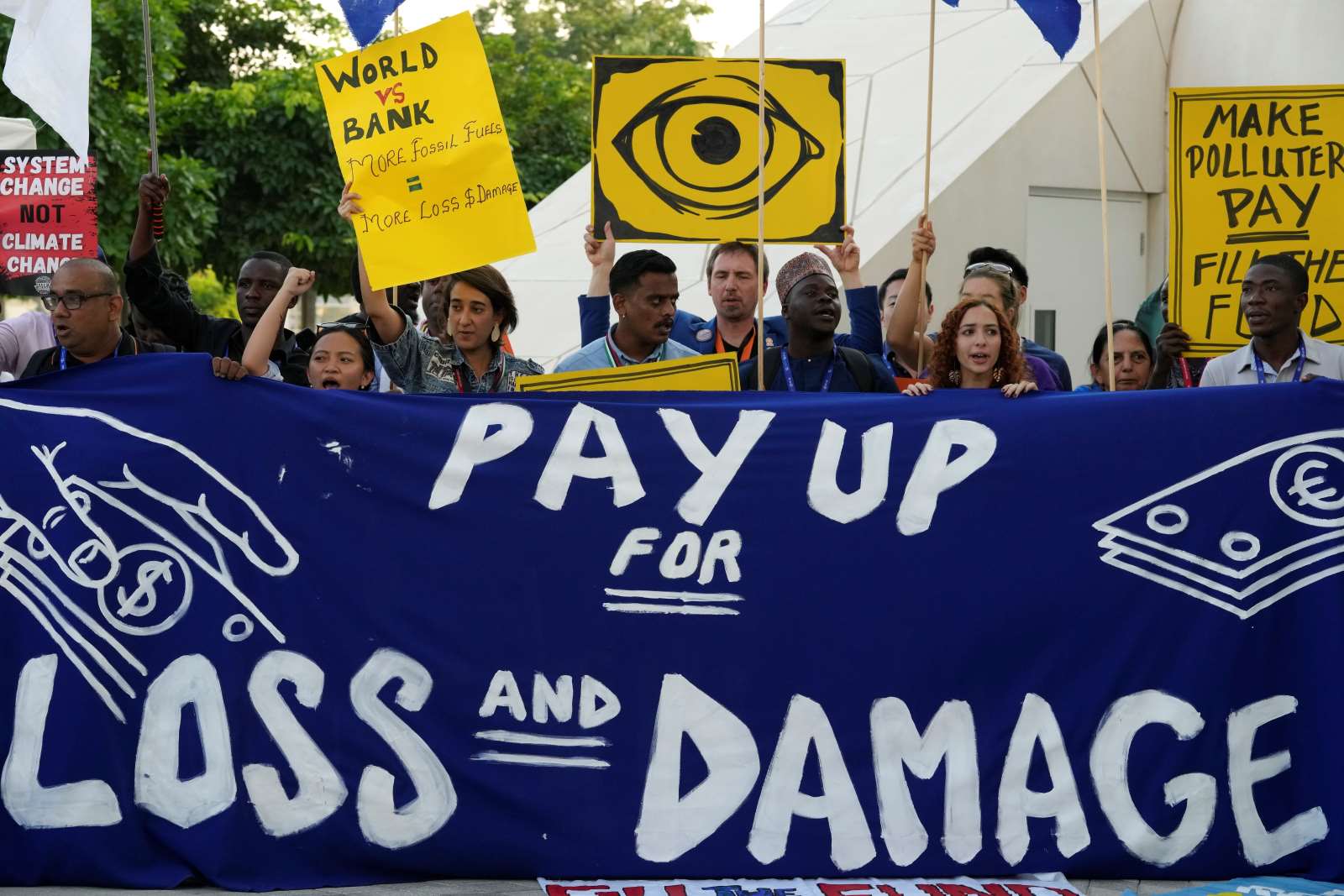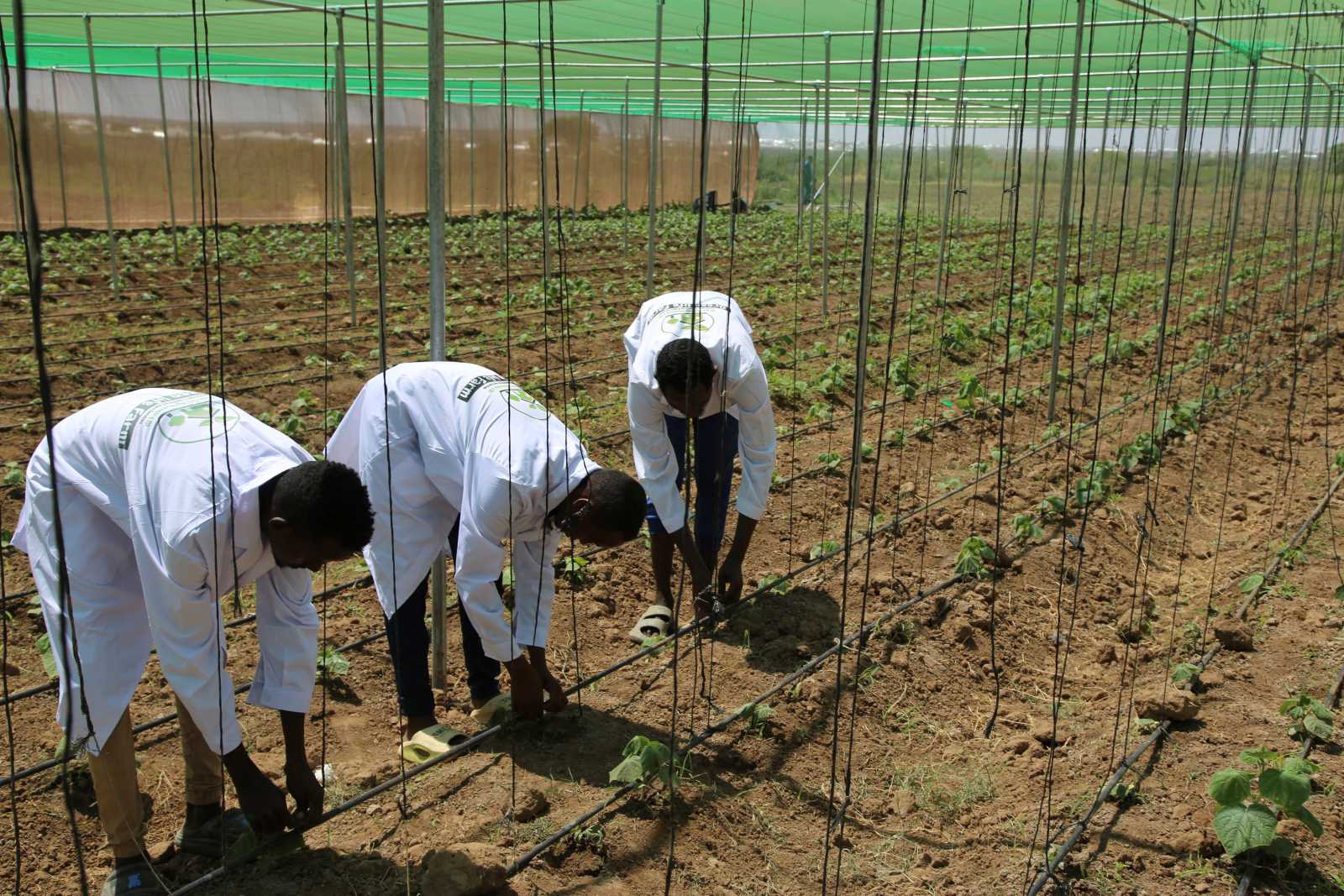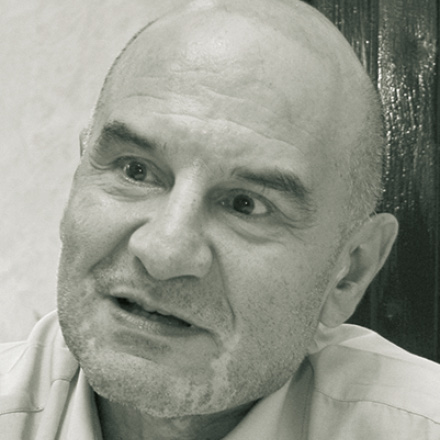Climate finance
Huge gap in climate finance
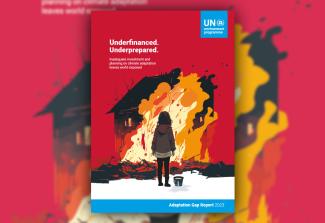
During the UN climate summit in Dubai (COP28) in December 2023, high-income countries announced commitments to different climate funds to help developing countries tackle global heating. Additional $ 3.5 billion were announced for the Green Climate Fund and a total of about $ 1 billion for the new Loss and Damage Fund, the Adaptation Fund, the Least Developed Countries Fund and the Special Climate Change Fund.
While these are steps in the right direction, they are not nearly enough to meet the challenges the poorest countries are facing. The UN Environment Programme’s (UNEP) Adaptation Gap Report 2023 estimates that the costs of adaptation for developing countries range from $ 215 to $ 387 billion per year in this decade. These costs are expected to increase substantially by 2050 due to growing climate risks (UNEP 2023).
Taking into account $ 21 billion of international public adaptation finance in 2021, UNEP expects the adaptation finance gap for developing countries to be around $ 194 to $ 366 billion per year. This implies that needs are 10 to 18 times as great as international funding, and at least 50 % higher than previously estimated, UNEP points out.
Failure to adapt, however, will lead to more loss and damage, increasing the amount needed in this sector. Optimistic estimates find that at least $ 20 billion per year by 2030 and $ 100 billion per year by 2050 are needed to cover the costs of loss and damage in developing countries. Other calculations suggest that a considerably larger amount is required.
So even if all the pledges made in Dubai are confirmed, they are far from enough.
Link
UNEP, 2023: Adaptation Gap Report 2023.
https://www.unep.org/resources/adaptation-gap-report-2023
Larissa Basso is a researcher in international environmental politics at the Institute of Advanced Studies, University of São Paulo.
larissabasso@gmail.com
Eduardo Viola is a professor of international relations at the University of São Paulo, the University of Brasília and the Getúlio Vargas Foundation.
eduardo.viola@fgv.br

